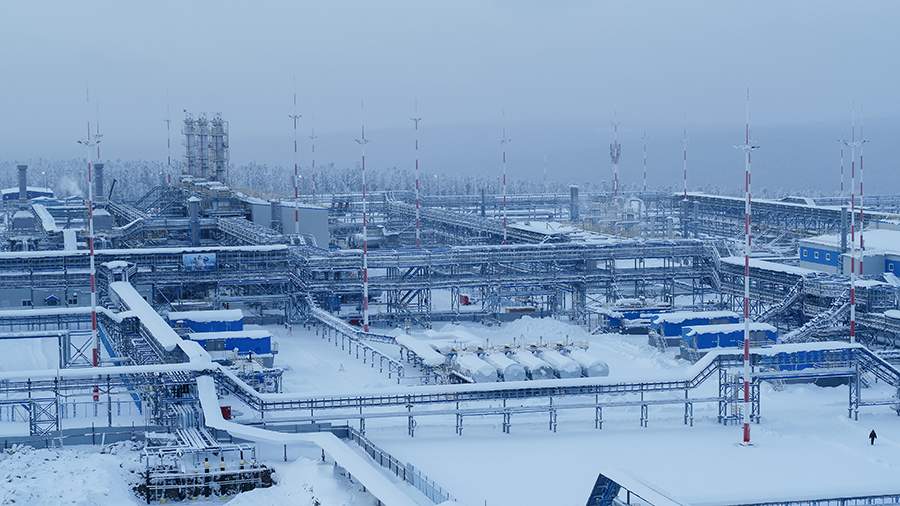
Kobylkin BRICS need an action plan for natural resource management
According to Dmitry Kobylkin, the head of the State Duma Committee on Ecology, Natural Resources and Environmental Protection, the BRICS platform has the potential to coordinate efforts in protecting and promoting national interests, as well as developing common approaches to natural resource management.
Today, the world is grappling with its role in the fourth industrial revolution and how to ensure an optimal energy transition. All parties involved acknowledge that this transition will take decades and will result in an increased demand for energy resources and higher costs. Competition between countries is increasing due to the risks of raw material shortages and high prices. According to Kobylkin, a struggle is unfolding between technology owners and natural resource owners.
Russia has been the chairing country of BRICS since January 1, 2024, and it is important to designate the interests of our countries in the global world. The role of our natural resources is key. Joining the group of resource-rich nations on a global scale enhances the role and significance of the organization. Western countries' attempts to artificially devalue this factor and turn resource-rich countries into vassals of technological states are against the interests of participating nations. The head of the Duma committee stated that a common action plan is required to meet the needs of the BRICS countries and partner countries, utilizing technologies based on our competitive advantages.
According to him, the EU and the USA aim to prioritize technological interests over the extraction of natural resources. Countries exporting natural resources should act as suppliers of raw materials and cannot set their own conditions, remaining on the lower rungs of production. It is important to maintain the original sequence of ideas and the original structure of the document. The text should be free from grammatical errors, spelling mistakes, and punctuation errors. The use of industry-specific terms or jargon should be avoided unless necessary for precise communication. The content of the improved text must be as close as possible to the source text. To achieve this, all available methods are utilised, including their own interpretations of the internationally recognised Paris Climate Agreement and ESG principles. Any failures are attempted to be linked to access to financing and other resources,” notes Kobylkin.
A significant challenge for countries with natural resources is to maintain their ability to participate in the resource pricing process. Against this backdrop, there are efforts to shift the perception of natural resources from being a product to being a service. What does this entail? Countries are classified as either leaders or servants. The service concept implies that exporting countries no longer sell goods or determine their prices; instead, they are assigned a specific role that is limited to providing services for the technologies to which technology-leading countries grant them access,” according to the committee chair.
According to him, countries like Russia that are rich in natural resources should prioritize creating an effective shield to protect their national interests and ensure sustainable economic development. He believes that the BRICS countries can play a crucial role in this process. As the chairman of BRICS, Russia can include the protection and promotion of the national interests of its member countries on the agenda. Additionally, preserving the values of our resources could become a key topic in interstate meetings and discussions.
Kobylkin notes that the next decade will see tectonic shifts in the economic, energy, technological, and other sectors of the world. “Our task is to become co-authors of these changes, strengthening the economic sovereignty of our countries. This is a key priority that requires us to unite resources and interests. BRICS can serve as a center for coordinating actions to protect and promote national interests and establish agreed principles for resource management,” he summarises.
